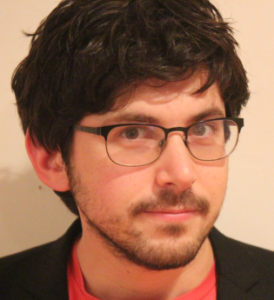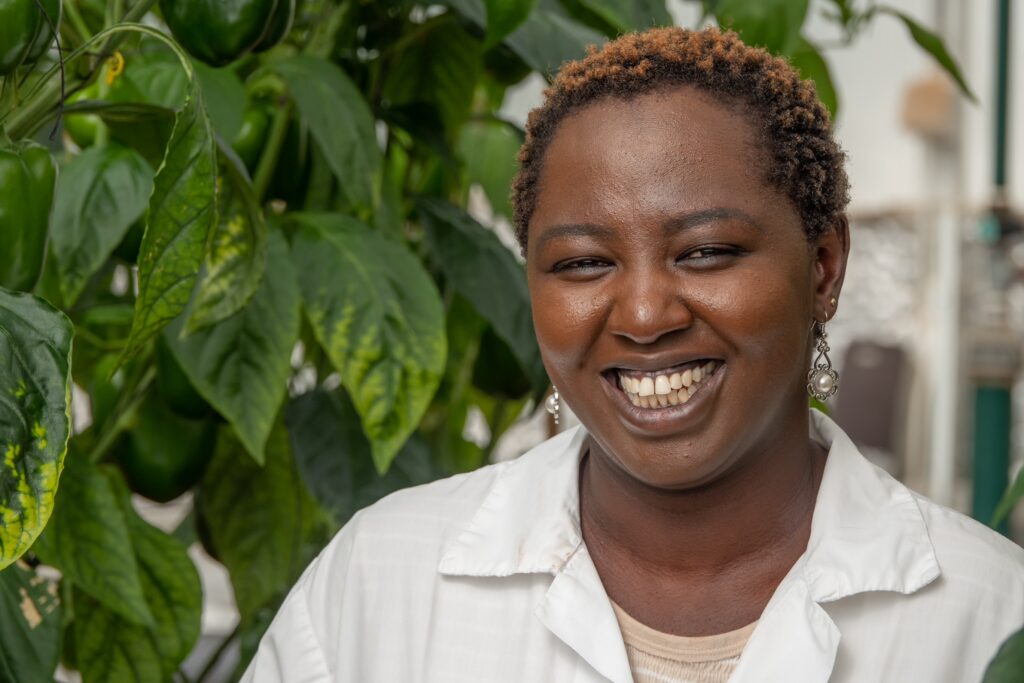
Is Helping a Friend or a Stranger Equally Important?
Is Helping a Friend or a Stranger Equally Important?
June 29, 2017
Pacific Standard — According to a team of BGU researchers, the ethical imperative to help someone in need is much weaker if the needy person in question is a stranger.
The study was led by Dr. Michael Gilead, a psychologist and lecturer in the BGU Department of Psychology.
In the study, recently published in the journal Social Psychological and Personality Science, participants were presented with hypothetical vignettes and asked to react.

Dr. Michael Gilead
One vignette involved a man driving to work who notices his neighbor stranded by the side of the road in need of a battery charge. Feeling too tired to help, the man just keeps on driving. In the alternate version, the man in need of help is a stranger. Participants judged the man in the scenario far more harshly if he passed up his neighbor, rather than the stranger.
In other experiments, the ethical imperative to provide care was judged to be stronger when the person in need was one’s brother (compared to a friend), or one’s good friend (compared to a fellow university student). Intuitively, closeness implies an obligation to help, while distance weakens it.
This pattern proved consistent, whether the experiments involved Americans or Israelis. Political orientation did not significantly impact results.
As the researchers point out, most of us believe providing care for those in our immediate social circle is a moral imperative, but that imperative does not necessarily carry over to those more distant from us.
“Judgments concerning the omission of care are dependent on social distance,” Dr. Gilead explains.
That may be true, but as part of BGU’s mission to community and social service, we overcome that obstacle every day. Changing that tendency may come down to the simple effort (and pleasure) of widening your social circle.



